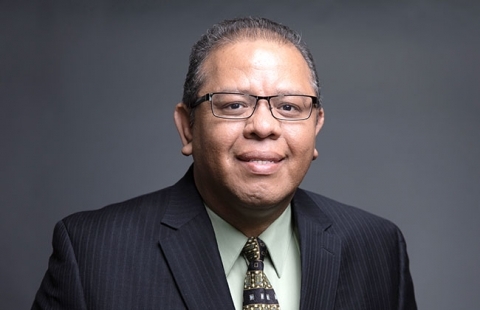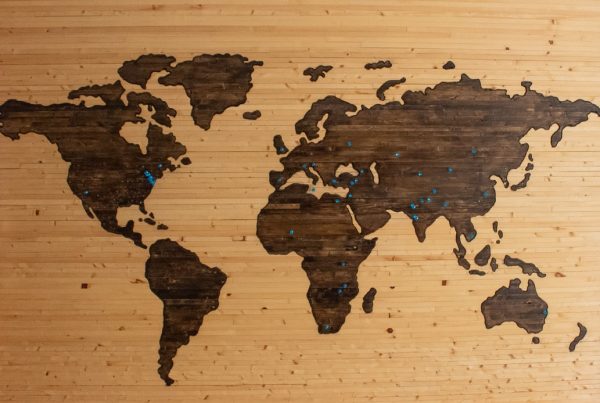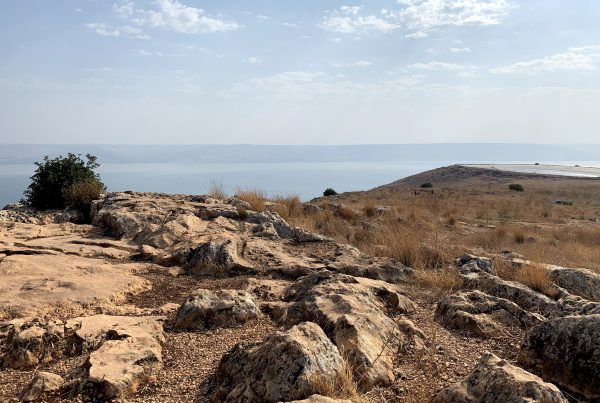August 2019 has been a horrible month for injury and death by gun violence in the United States. The Gun Violence Archive indicates that between August 1 and August 15, there have been 450 investigated gun violence incidents, 524 lives taken, and 160 humans injured.
Two of these tragedies captured the most media attention: the mass shootings in El Paso, Texas, and Dayton, Ohio. The El Paso shooter was racially motivated. Steeped in white nationalism and hatred, in his manifesto, the 21-year-old shooter wrote: “This attack is a response to the Hispanic invasion of Texas. They are the instigators, not me. I am simply defending my country from cultural and ethnic replacement brought on by an invasion.” His actions on August 3 ended the lives of 22 people and injured 24 more. Investigations of the Dayton shooter revealed he was interested in killing people. By his hand, 9 people died and 17 were injured.
Some of the other tragedies stemmed from unresolved family strife, out-of-hand disagreements, drive-by shootings, desire for revenge, results of criminal behavior, and a variety of other situations. Some of these tragedies occur simply because our society is so heavily armed.
When I think about these shootings and the lives lost, I quickly think about my own family: my wife, my children, my grandchildren, my siblings. I think about my aunts, uncles, cousins, and friends. Do you think about yours?
I think, too, about the places the victims frequent: homes, schools, stores, places of worship, places of work, parks, and more. I think about how often I assume these places to be safe and secure for my loved ones and yours as well. Do you share these assumptions?
Unfortunately, dear friends, many of us do not live with such assumptions of safety. Many of us have reason to fear every day. It breaks my heart to watch the news that parents are preparing their children for another school year by purchasing bulletproof backpacks because they don’t think their children are safe in school. For too many of us, it is wise to be fearful and watchful, knowing our surroundings might not be safe.
Conditions like this, which serve violence and fear, are against the will of God. All of us are made in God’s own image, and all of us have the responsibility to be God’s stewards. Theologically, we call this the Imago Dei, the image of God. This is a special honor God bestowed on humankind—being made in God’s likeness. It is, therefore, against God’s will to cast aside human life in preference of racism, white supremacy, nationalism, accumulated slights and angers, vengeance, or anything else.
Where, then, are we to stand? We, in the Reformed Church in America, stand against purveyors of evil. We stand with families, friends, and communities who grieve tragic losses at the hands of violence. We stand with the persons and the communities who are under pressure and oppression. We stand to affirm all persons are sacred because each person bears God’s image.
We seek understanding for how to be with each other when our sense of belonging to God is threatened or damaged. We find examples in history, such as the powerful witness of the African American church.
Through centuries of slavery, then the Jim Crow era, and now mass incarceration, the African American church has been an agent of God in a nation that inflicts suffering on many of its own people. In the face of such struggle, the church has acted as follows:
- Continuously bringing African Americans before the face of God for divine strength and healing.
- Constantly reminding their people of their belonging to God and not their oppressors.
- Vigorously fighting to undermine oppressive systems, institutions, and cultures without losing sight that both the oppressed and the oppressor bear God’s image.
Now, in the face of threat, violence, and loss, we are to do the same. Dear friends, we have to take up the mantle of that heritage and break through all matters that oppose the peace of God.
Some people describe the presence of God’s kingdom on earth as both already here and not yet fully arrived. I call on you to live into that paradox with me. I call on all of us to make peace where we are, to build safety and security into our shared lives and places, and to live in recognition and honor of the Imago Dei in every person.
Yours in Christ,
Rev. Eddy Alemán
General Secretary of the Reformed Church in America
We, the signatories, support the general secretary in the publication of this statement, standing with him as he calls the church to action.
Eliza Cortés Bast
Coordinator for Local Missional Engagement and special projects
Anna Radcliffe
Coordinator for Next Generation Engagement
Andrew Bossardet
Coordinator for equipping thriving congregations
Rick DeBruyne
Moderator for the Commission on Race and Ethnicity
Terry DeYoung
Coordinator for Disability Concerns
Earl James
Coordinator for African American Black Council and Advocacy
En Young Kim
Supervisor of RCA mission in Asia and the Pacific
Coordinator for Pacific and Asian American ministries
Sophie Mathonnet-VanderWell
Moderator for the Commission on Christian Action
Ken Neevel
Director of development and facilitation
Luis Ruiz
Supervisor of RCA mission in North America, Latin America, and the Caribbean
Monica Schaap Pierce
Ecumenical associate
Andres Serrano
Coordinator for Hispanic ministries
Jillisa Teitsma
Chief financial officer
Liz Testa
Coordinator for Women’s Transformation and Leadership
Stephanie Soderstrom
Coordinator for Volunteer Engagement
JP Sundararajan
Director of Global Mission
Jill Ver Steeg
Chief operating officer
Randy Weener
Director of Church Multiplication





